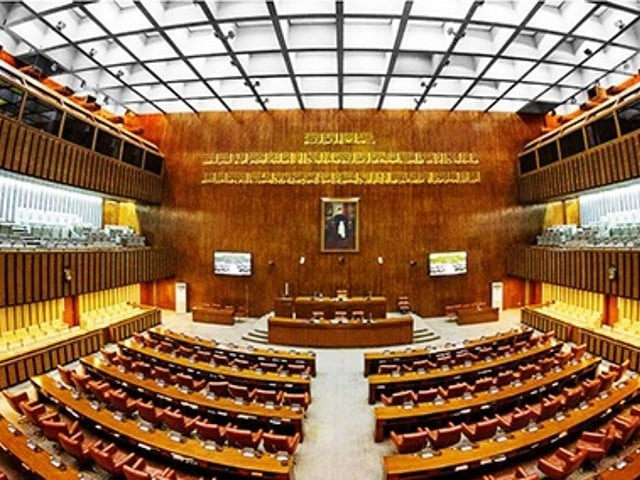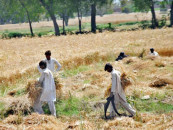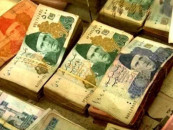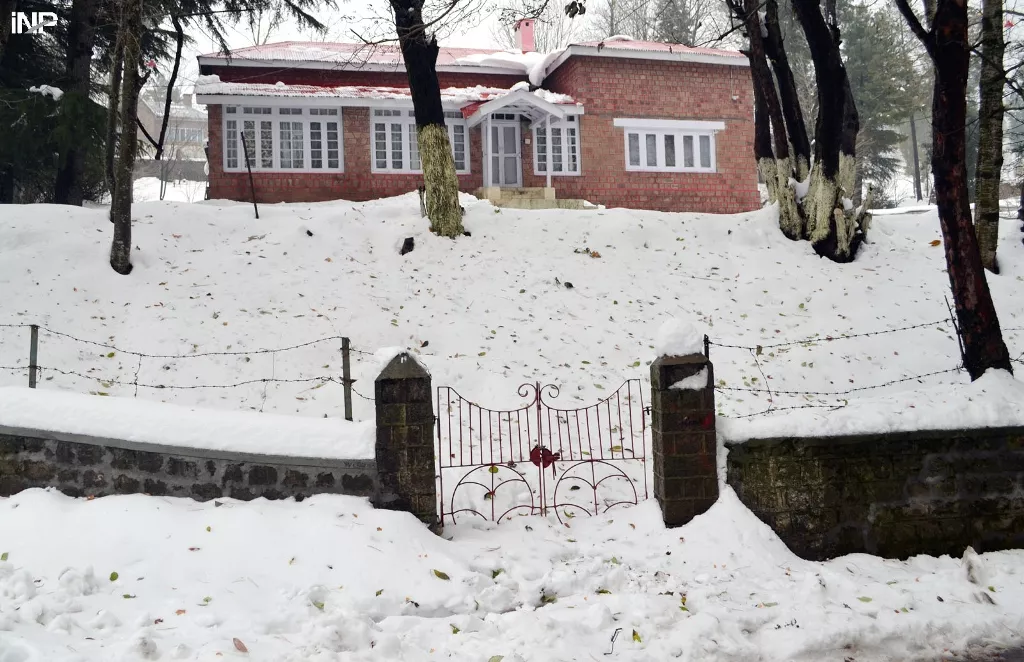Senate nominations reek of nepotism, familial ties
Party workers have been sidelined once more, just like they were for the general elections

In the run-up to the Senate elections scheduled for the first week of April, the political landscape across Pakistan is once again being dominated by familiar faces and family ties rather than merit-based selections.
The trend is evident across Sindh, Punjab, Khyber Pakhtunkhwa (K-P), and Balochistan, reflecting a nationwide phenomenon of prioritising personal relationships and dynastic politics over a democratic process.
In Sindh, where the ruling Pakistan Peoples Party (PPP) holds sway, the distribution of Senate tickets underscores the influence of personal connections within the party. For instance, senior party leader and former chairman Senate, Mian Raza Rabbani, has been omitted from the list of candidates, signalling a departure from merit-based selections.
Instead, tickets have been allocated to individuals with familial ties or close associations, such as Nadeem Bhutto and Quratulain Marri.
Reflecting on this trend, political analyst Shahab Usto highlighted the prevalence of a political culture rooted in nepotism and familial affiliations. “Pakistan’s political parties mostly distribute tickets on the basis of family terms and personal relationships,” remarked Usto.
Therefore, he emphasised the need for strengthening democratic norms within political parties to mitigate such practices.A similar pattern has been witnessed in Punjab, where influential figures and Pakistan Muslim League Nawaz (PML-N) loyalists, like Mohsin Naqvi and Ahad Cheema, are being favoured for Senate nominations.
In this regard, Dr Hassan Askari, a political analyst with a keen eye on Punjab’s politics, noted that the selection process had sidelined party workers in favour of individuals with personal connections to party leaders, which perpetuated a cycle of dynastic politics.
Dr Askari stated: "Tickets, whether they be for the Senate elections or other elections, are issued only to the influential, in a clear rebuke for grass roots party workers.”Likewise, in K-P, the Senate race mirrors the hereditary politics witnessed in the recently held general elections.
Traditional political families continue to assert their influence, with established figures securing nominations over grassroots party members. Notable examples include Faisal Javed and Azam Khan Swati of the Pakistan Tehreek-e-Insaf (PTI), who have received repeated Senate tickets despite criticism.
This apparent nepotism in the upper house has drawn scrutiny from senior parliamentarians and former senators, who lament the erosion of meritocracy and the influx of inexperienced individuals.
In this regard, former senator Mushtaq Ahmad Khan, who is associated with the Jamaat-e-Islami (JI), opined that the importance of the Senate as a platform for provincial representation and legislative oversight was being ignored. “In recent times we have seen that financiers or ATMs and black money holders have bought their way into the Senate either by their influence or familial ties.
Consequently, the standard of the Senate has deteriorated,” asserted Khan.“This is evidenced by the fact that the debates in the Senate are now mainly focused on mudslinging. And the Senate will continue to be little more than a protocol house unless intelligent, honest, and competent individuals join it,” he added.
Senior politician, Zahid Khan, who has been a member of the Senate in 1997 and 2007, echoed Khan’s sentiments by expressing concern over the dilution of the Senate's role due to the influx of inexperienced and non-political individuals.
He warned that the Senate was at a risk of losing its significance if it was not populated by seasoned lawmakers committed to upholding democratic principles. "Gone are the times when the upper house of Parliament was focused on public issues," regretted Khan while talking to The Express Tribune.



















COMMENTS
Comments are moderated and generally will be posted if they are on-topic and not abusive.
For more information, please see our Comments FAQ